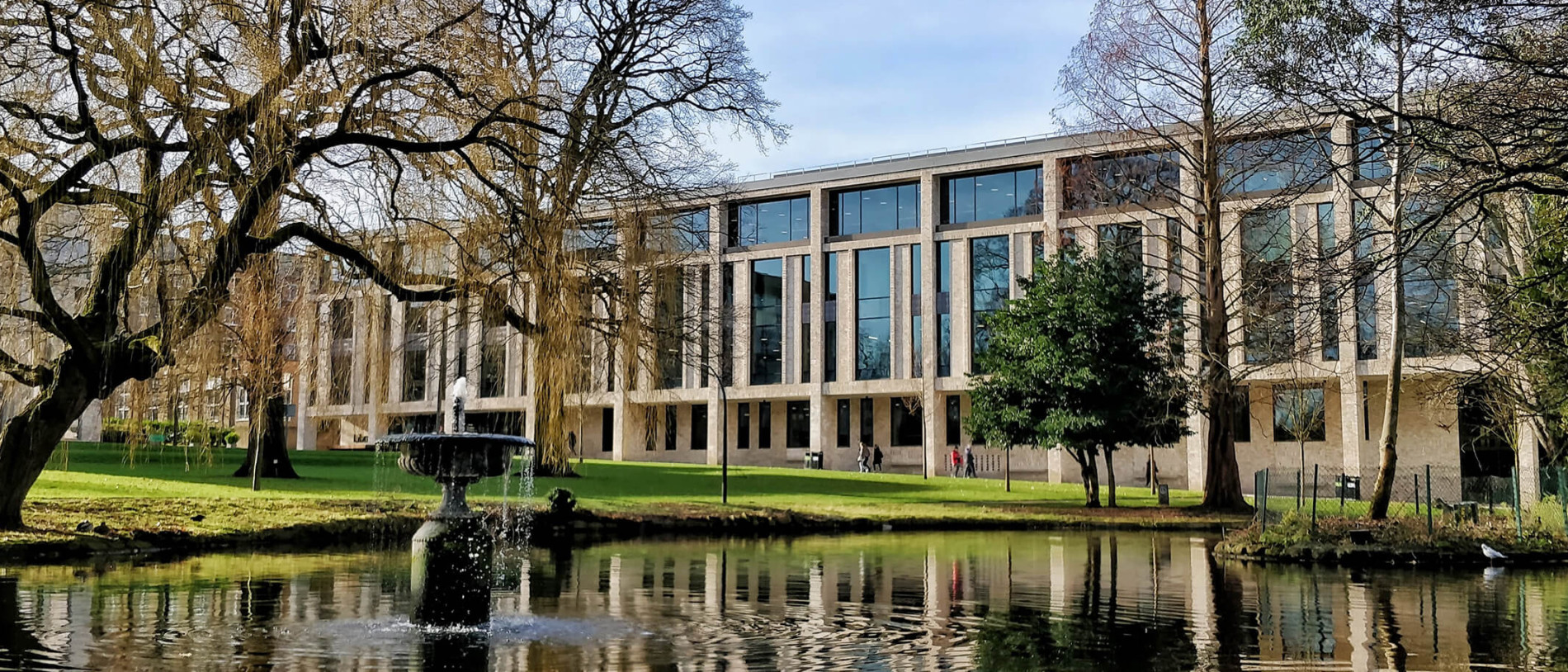

University of Roehampton (London)
Computing
Study detals
: Master's degree : MSc (Hons) Computing : Full time : 12 MonthRequirements
Entry requirements
Roehampton English Language Test
- Postgraduate degrees - mapped to IELTs scores
TOEFL IBT
- Postgraduate degrees - 89 overall with a minimum of 17 in listening and writing, 18 in reading and 20 in speaking
IELTS Academic
· Postgraduate degrees – 6.5 overall with a minimum 5.5 in each component
Cambridge Advanced Certificate
- Postgraduate degrees - 176 overall with a minimum 162 in each component (some schools require a minimum of 169 in each)
Cambridge Proficiency Certificate
- Postgraduate degrees - 176 overall with a minimum 162 in each component (some schools require a minimum of 169 in each)
All applicants that require a Tier 4 visa must also meet the minimum English Language requirements before we can issue a Certificate of Acceptance for Study (CAS) that is needed to apply for a Tier 4 visa.
Academic requirements
Along with a complete application, EU and international applicants are required to submit various supporting documents. These include:
- Academic qualifications (certificate and transcript)
- Valid English language qualification
- Personal statement
- Two references
Speciality
Pathway Extended Masters is available
Additional information
Degree Overview
Rapid developments in technology have resulted in a wealth of opportunity across all sectors and industries for people who are qualified in multiple areas of computing. Our MSc Computing Degree is a conversion programme that requires no previous academic experience in the field of computing, making it the ideal course if you want to change career or develop a new set of skills to complement your existing experience and move a wider range of exciting roles in computing and IT. The course focuses on core computing skills such as software development, databases and cyber security, helping you to become a competent and fluent computing professional. You will learn key programming skills across languages and platforms, as well as how to provide data solutions and secure systems. You will become familiar with cyber security, exploring the lifecycles, legal frameworks and tools of the computer science professional, including legal, social and ethical concerns of computer security such as hacking and its ethical standpoint. You will learn about developing software and working with data and build your fluency in Python, and also be provided with the opportunity to become a Certified Ethical Hacker (EH) through the EC-Council.
Study Reasons
- When you graduate you will move into a wide range of careers, including entry roles in the IT industry, from government and public sector to large IT organisations and media. Roles could include programmer, web developer, software developer and data scientist.
- You can study flexibly with the option to take stand-alone qualification (PGCert / PGDip) or complete the full MSc
- Please add an additional year if undertaking placement module upon completion of core programme.